Asif Ali Zardari Elected President of Pakistan in Deal with Prime Minister Allies
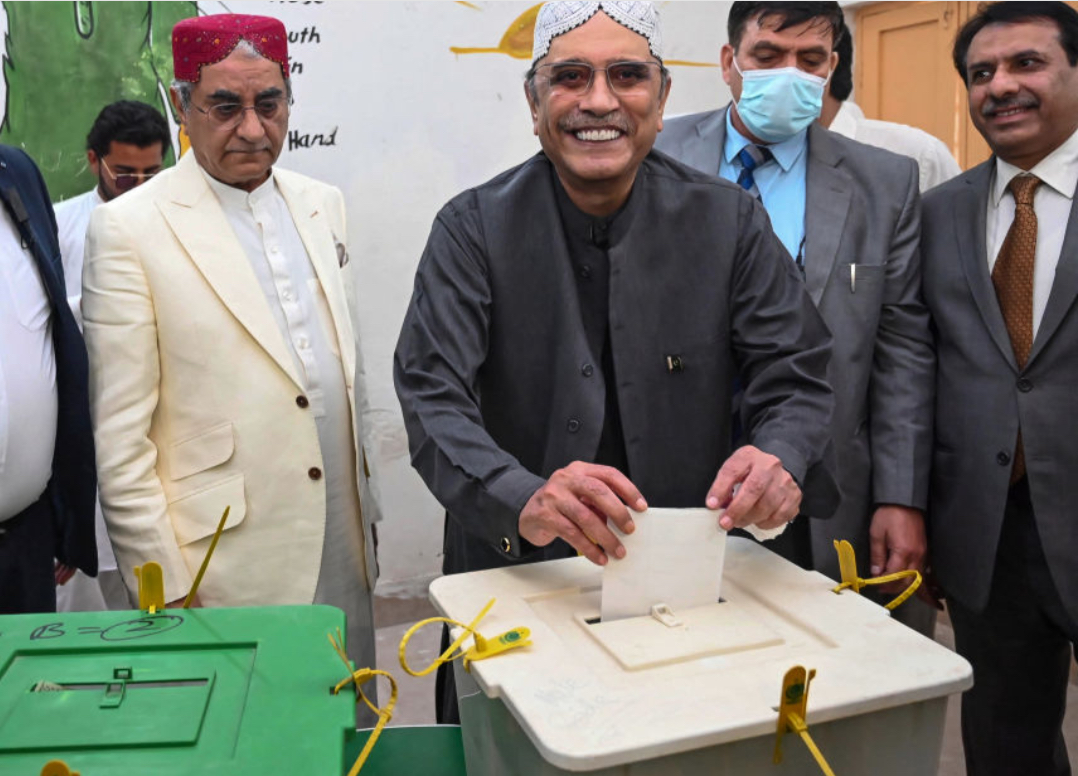
Islamabad — Pakistan’s political landscape witnessed a significant maneuver as Asif Ali Zardari secured a second term as president through a strategic alliance with Prime Minister Shehbaz Sharif’s supporters. The veteran politician garnered 411 votes, surpassing the candidate backed by former leader Imran Khan, who managed only 181 votes, according to the Election Commission.
The presidency, though largely ceremonial following Zardari’s previous stint in 2009, still holds sway behind the scenes. Analysts foresee a recurring pattern in such political agreements, underscoring the power dynamics within Pakistan’s governance.
Zardari’s re-election comes amidst his co-chairmanship of the Pakistan Peoples Party (PPP), the third-largest entity in the National Assembly. While the PPP pledged support to Sharif as prime minister, it refrained from direct involvement in his cabinet, raising concerns about the government’s stability.
The political landscape’s uncertainty could jeopardize Sharif’s efforts to secure substantial loans from the International Monetary Fund (IMF) and implement necessary reforms. PPP’s stance against state-run enterprise privatization adds another layer of complexity to the IMF negotiations.
Political commentator Zahid Hussain remarked on the PPP’s newfound influence, suggesting that Sharif’s administration might be influenced by Zardari’s party. Zardari himself expressed readiness to collaborate with Sharif to tackle Pakistan’s economic challenges.
As a seasoned political operator, Zardari’s journey from a cinema business heir to a key figure in Pakistani politics has been marked by controversies and alliances. His marriage to Benazir Bhutto propelled him into the limelight, earning him the moniker “Mr. 10%” due to corruption allegations.
Despite bouts of imprisonment and political turbulence, Zardari has emerged as a pivotal player, adept at navigating alliances and negotiations with the military. His presidency symbolizes a potential tool for the military establishment to exert influence over the Sharif faction, as suggested by Shaista Tabassum, an international relations expert.
Zardari succeeds Arif Alvi, a close ally of former premier Khan, whose resistance to a no-confidence vote in 2022 strained relations with Sharif’s government. However, analysts anticipate a smoother relationship under Zardari’s leadership, emphasizing his strategic acumen in political maneuvering.
For now, Pakistan braces for a new chapter under Zardari’s presidency, characterized by intricate power dynamics and looming economic challenges, as alliances and negotiations shape the country’s future trajectory.







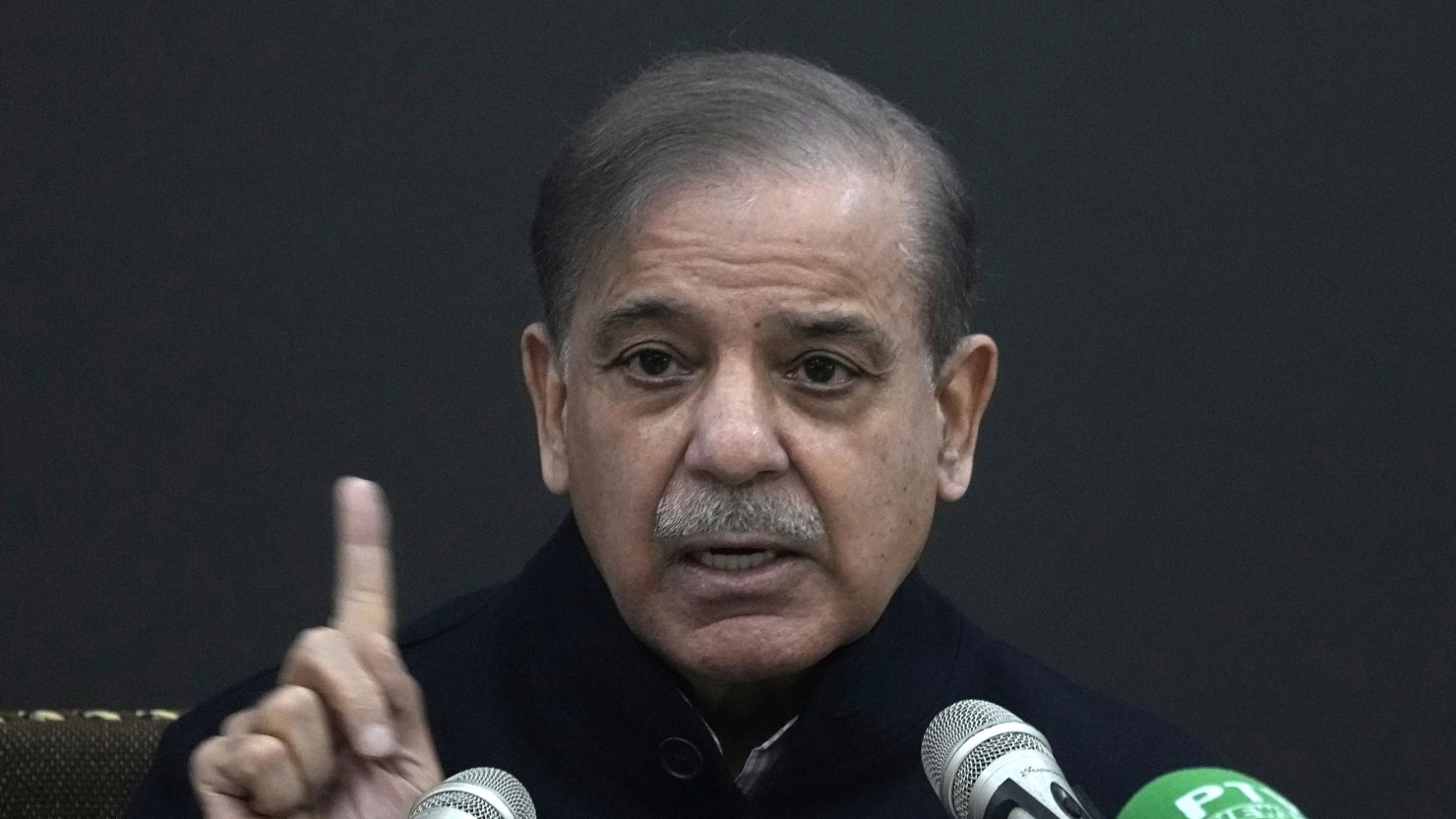
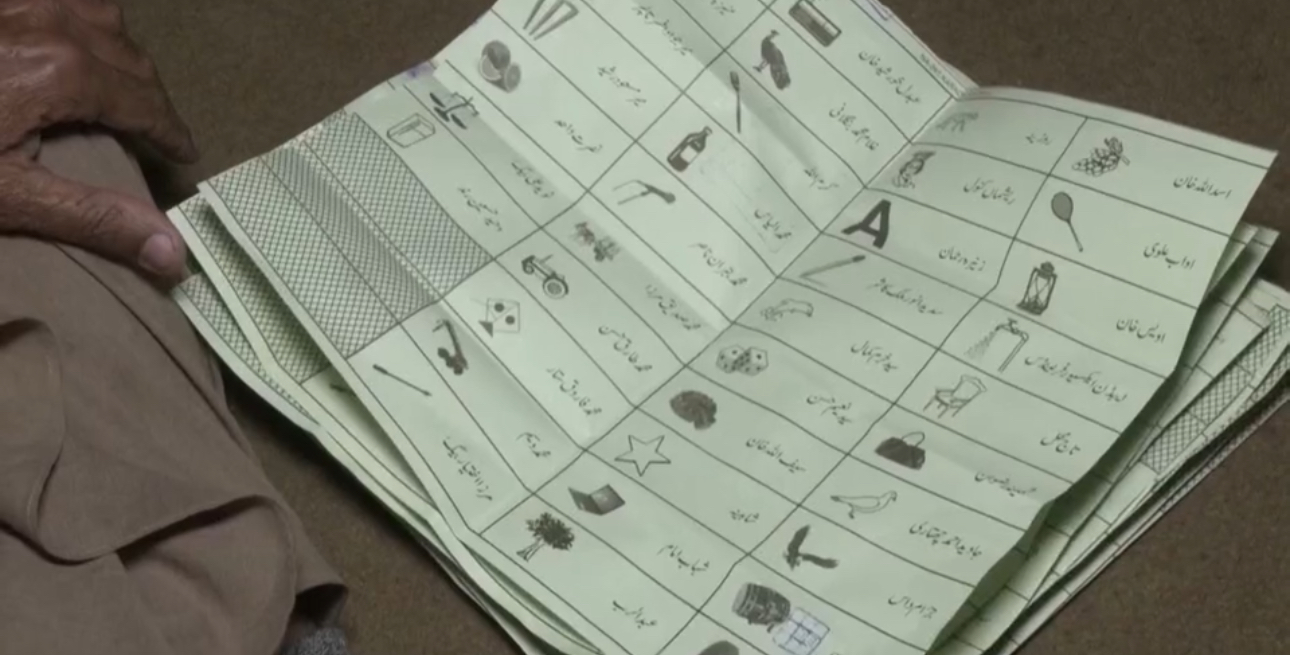
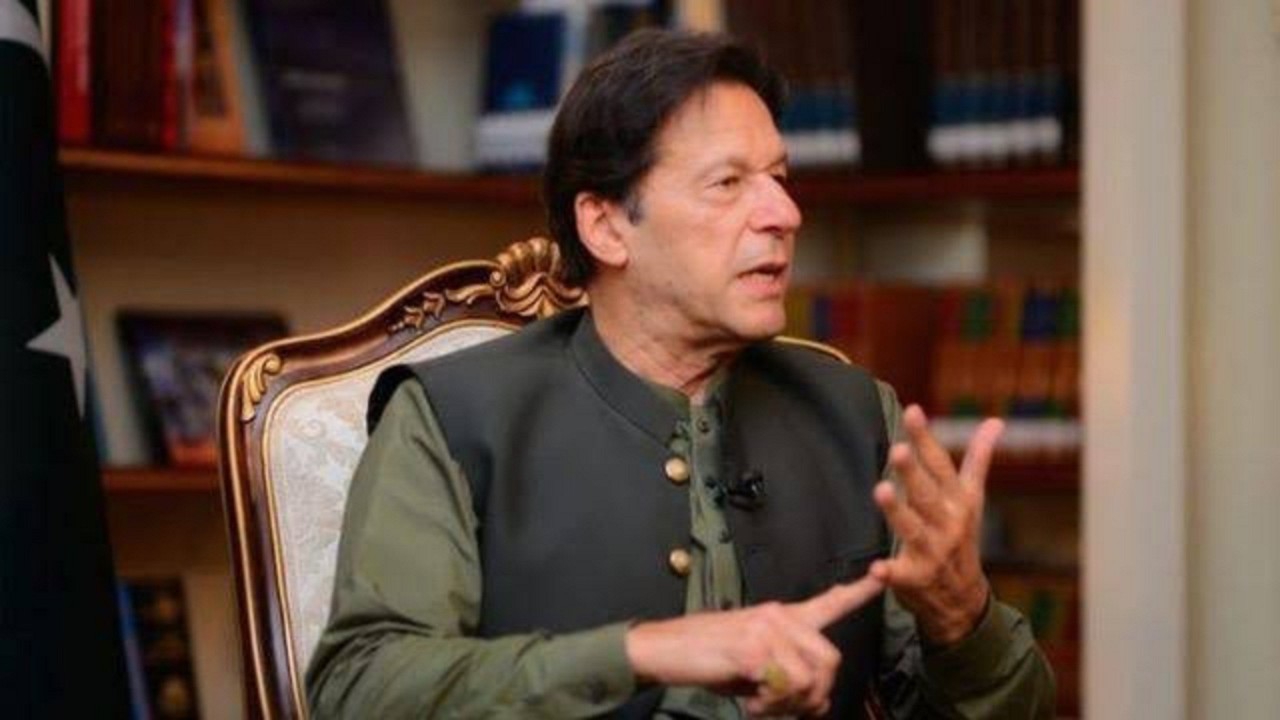

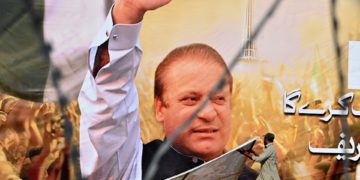







Facebook Comments